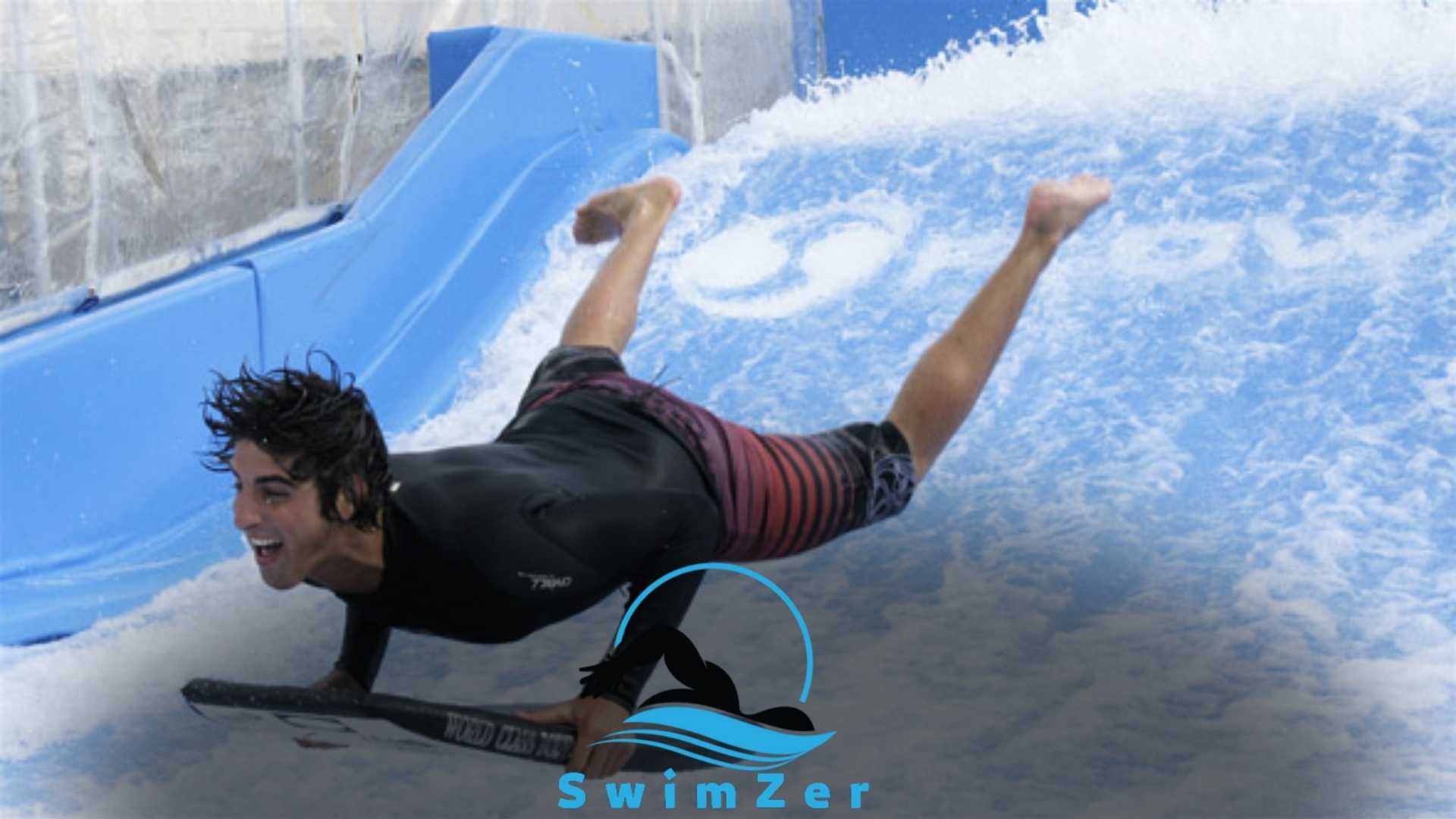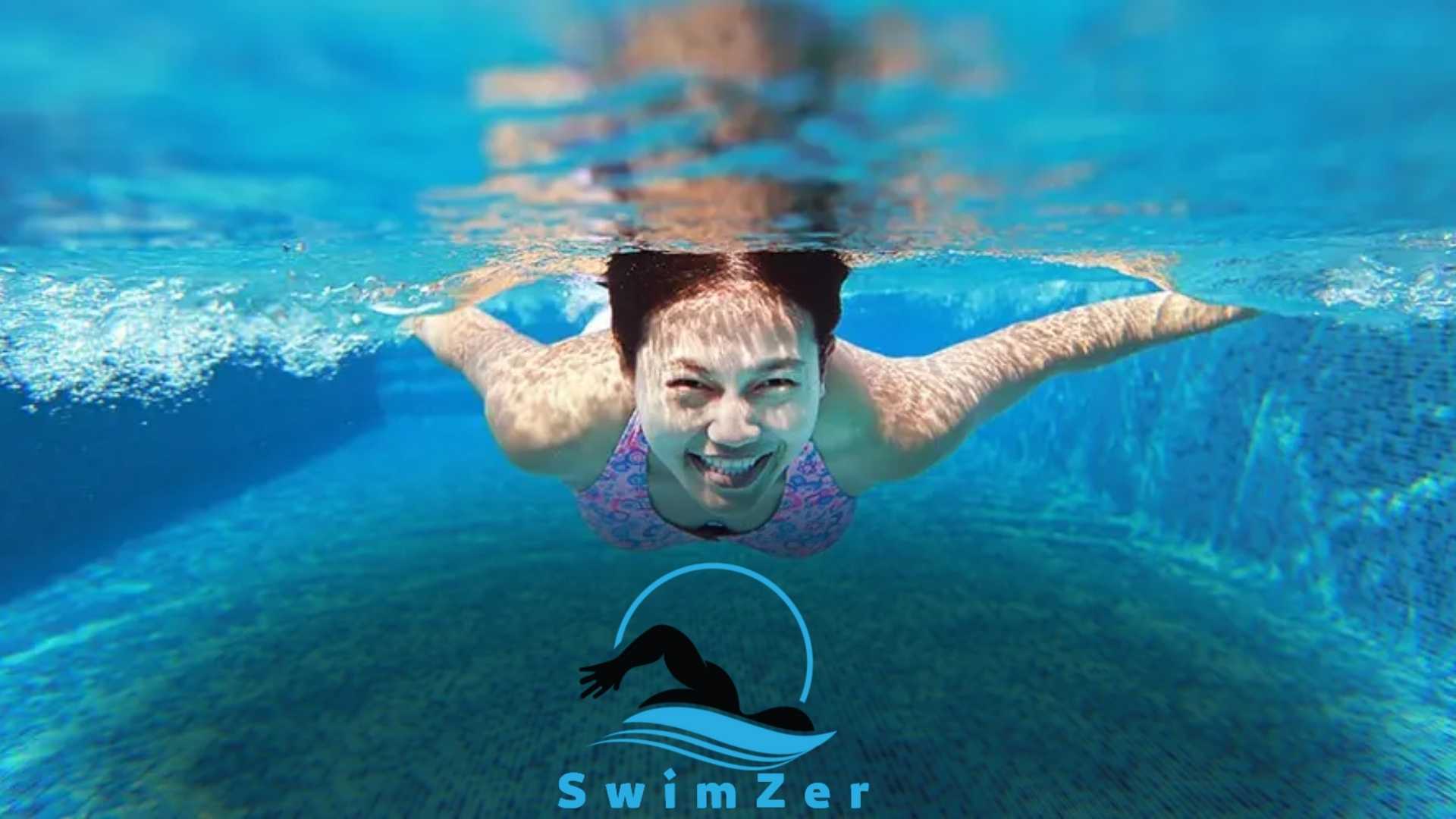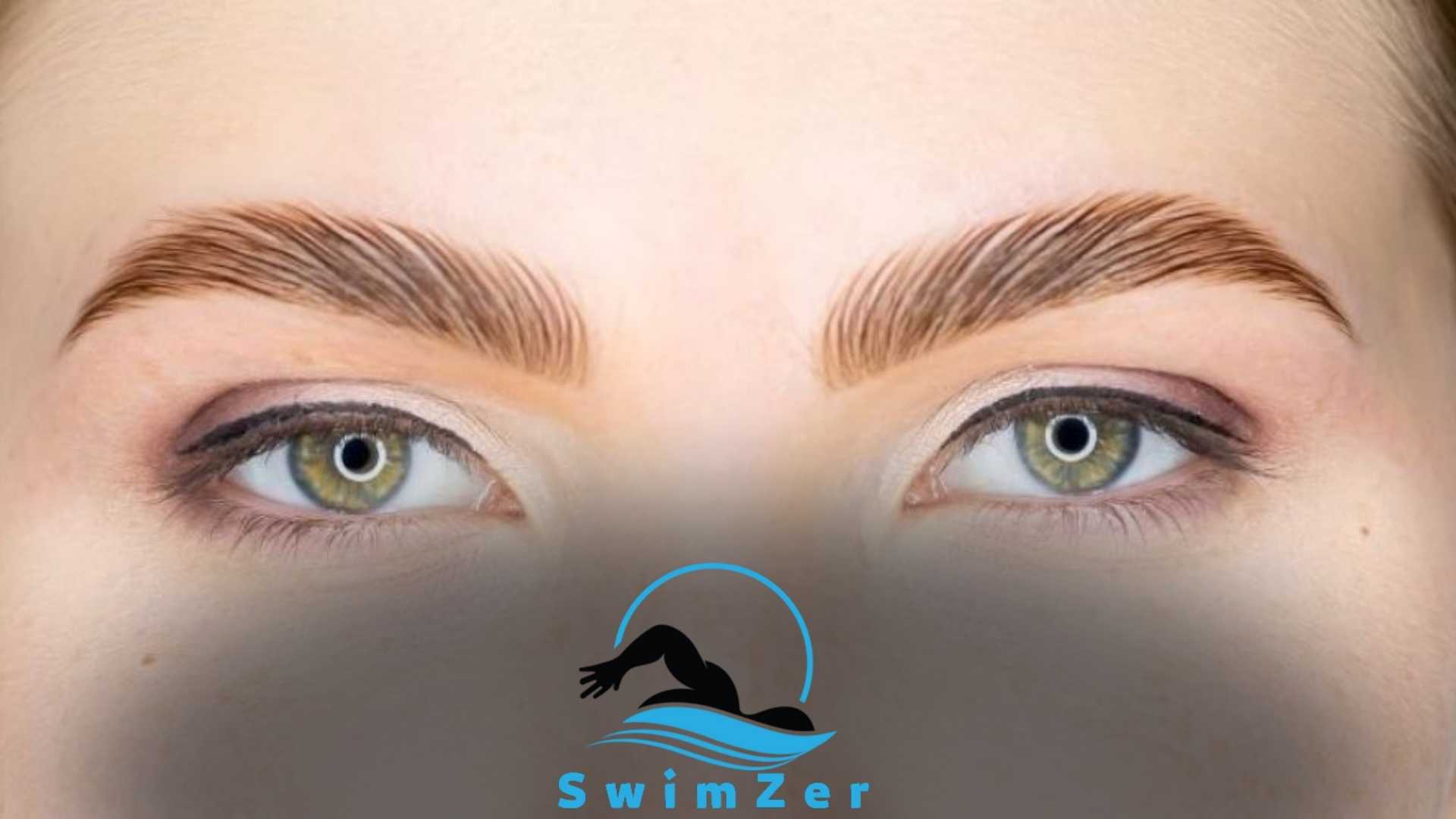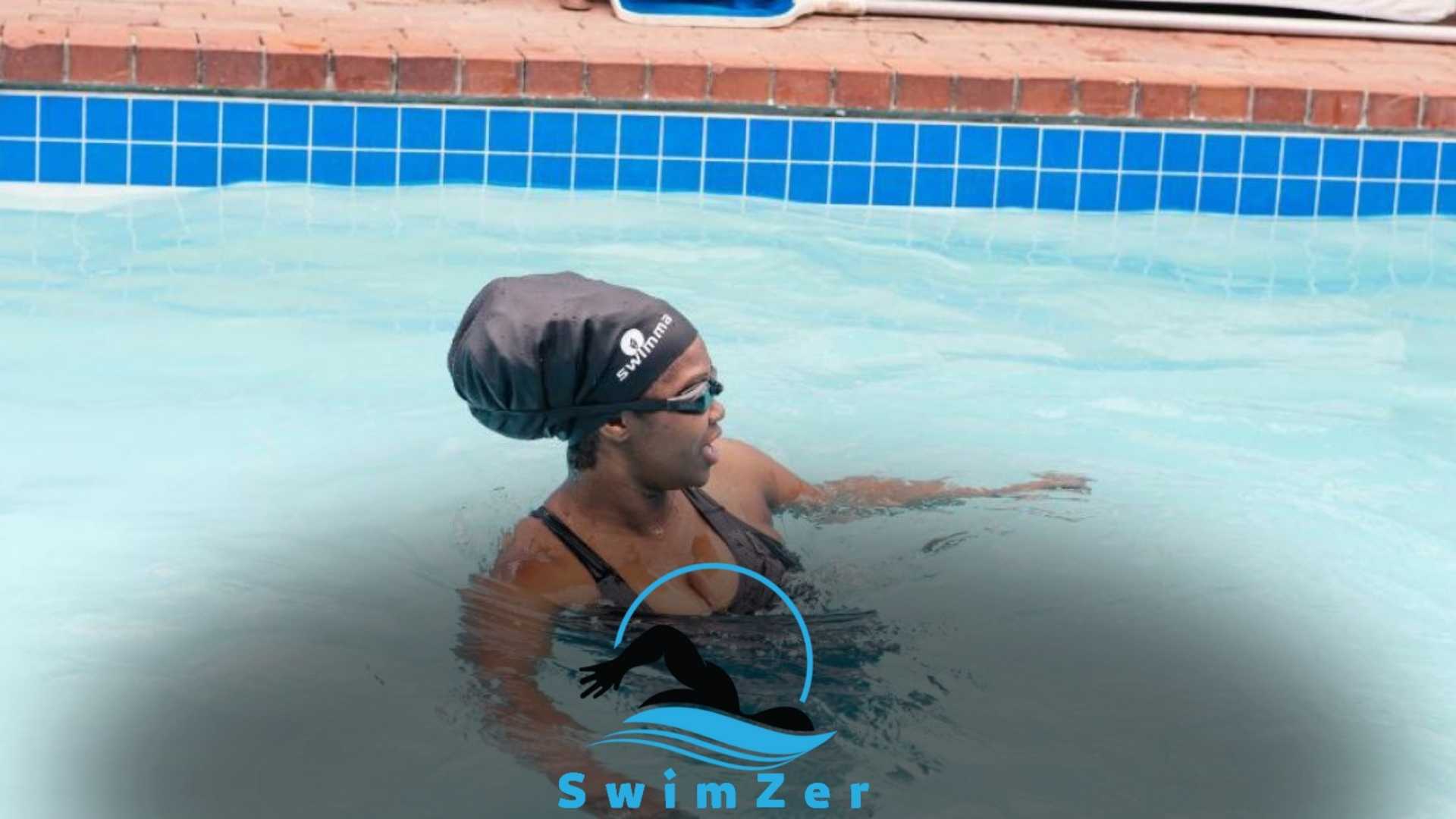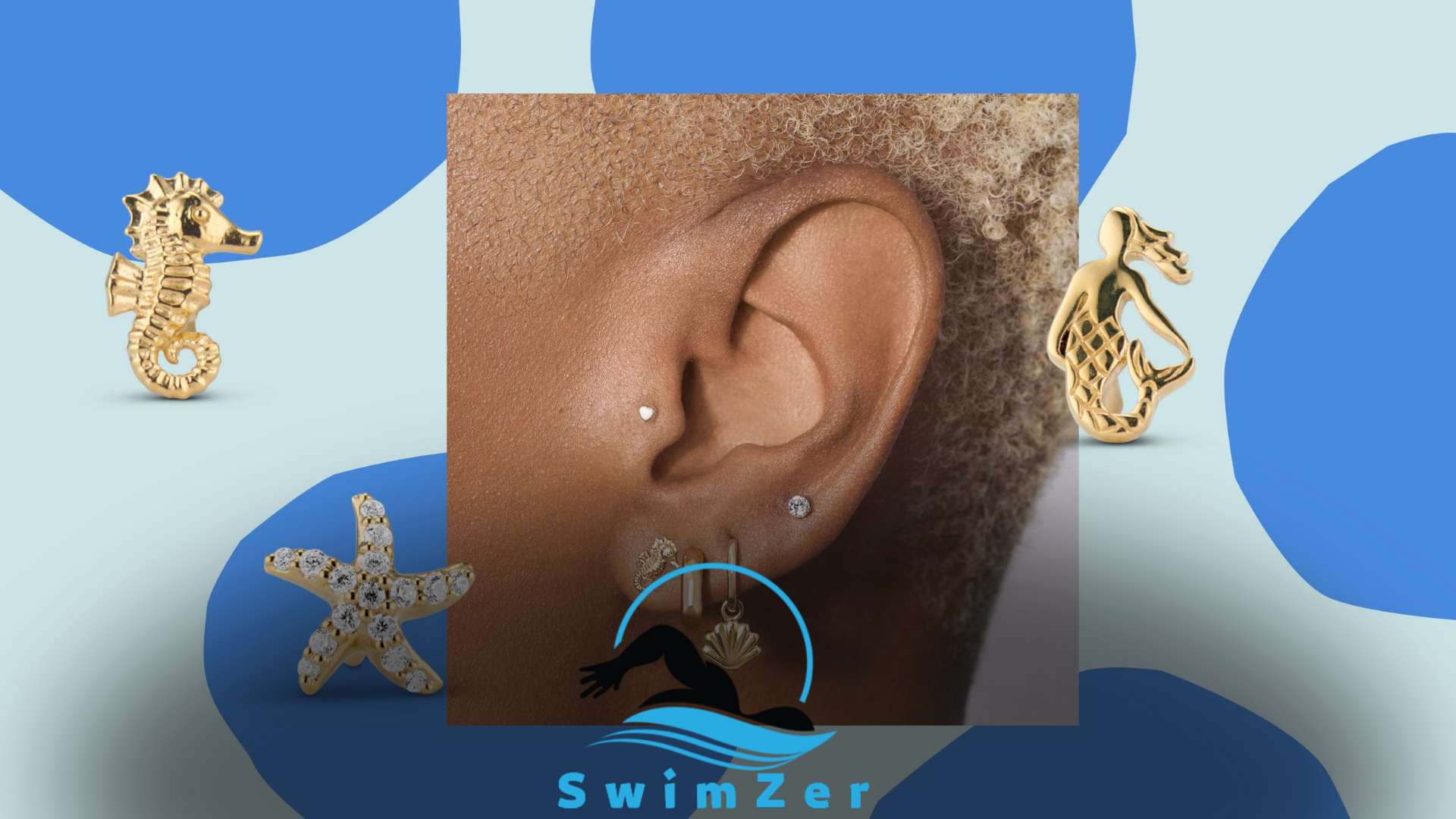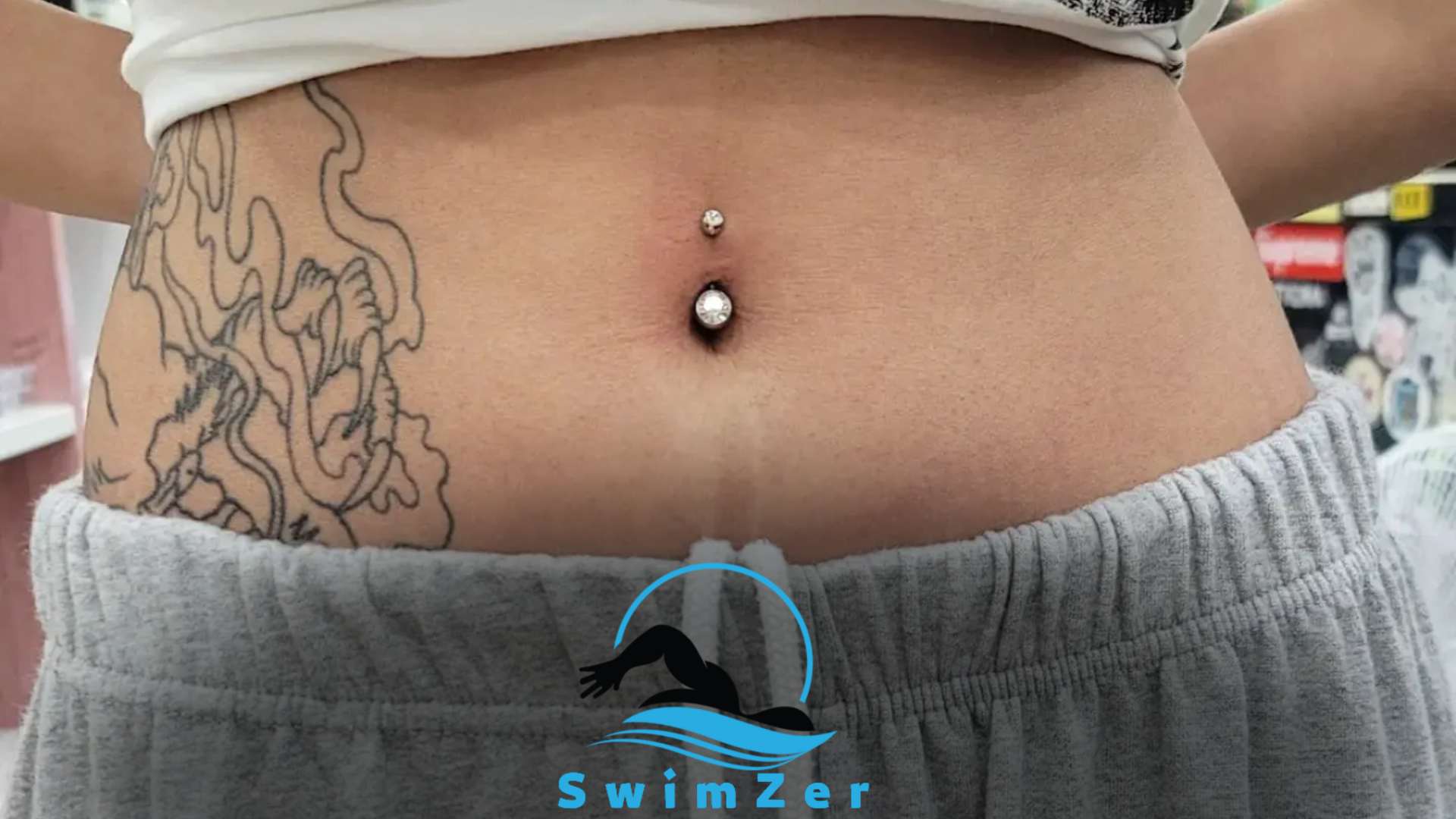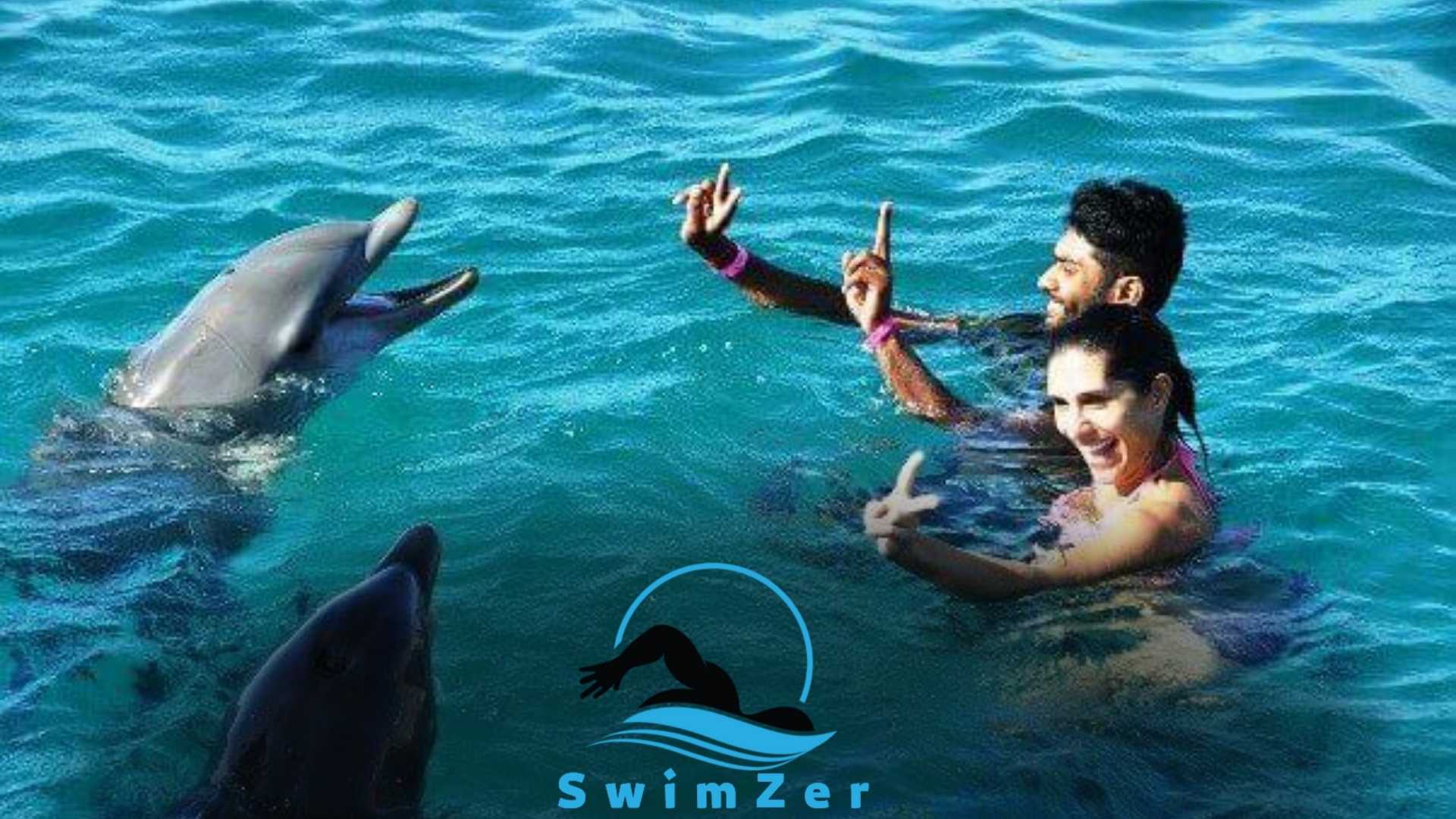Swimming with a pacemaker is generally safe, although discussing it with your doctor is recommended. A pacemaker is a small medical device surgically implanted into the chest to regulate the heartbeat.
Many people with pacemakers wonder if they can safely swim, and the answer is generally yes. However, it is important to consult your doctor before diving into the water. While swimming is usually safe for pacemaker wearers, some precautions must be remembered.
For example, avoiding diving or jumping into the water is recommended, as the impact can damage the device or dislodge its leads.
Additionally, it is important to avoid strong underwater currents and to shower promptly after getting out of the water to prevent infections.
Pacemaker wearers can safely enjoy swimming by following these precautions and consulting with your doctor.
Understanding Pacemaker and Its Functioning
A pacemaker is a medical device to control heart rhythms. It sends electrical signals to the heart muscles when heartbeats are abnormal. The device is implanted near the collarbone, and its wires are attached to the heart.
Pacemakers can help people with slow or irregular heart rhythms, making their heartbeat regular. The device can monitor the heart’s functioning and send signals when the heartbeat is too slow or stops.
There are different types of pacemakers, including single-chamber, dual-chamber, and biventricular pacemakers.
Swimming with a pacemaker might be unsafe, as water can affect the device’s functioning. Before swimming or any water activity, consult with your doctor.
While swimming with a pacemaker is generally safe, knowing water temperatures is crucial. If you’re wondering about the safety of swimming in colder waters, check out our article on how cold is too cold for open water swimming.
Swimming With a Pacemaker: Is It Safe?
Swimming with a pacemaker can be safe, but it’s important to know the effects it can have. The water can cause interference with the device, risking changes in heart rate or rhythm. A pacemaker that is waterproof can reduce this risk.
Taking precautions before swimming is crucial, such as checking that the device is appropriately programmed and consulting with a doctor.
Risks associated with swimming with a pacemaker include infections, shocks, and interference with medical equipment. To avoid these risks, swimmers should avoid diving or exposing the device to pressure or heat.
Following these precautions can enable pacemaker patients to swim safely and enjoyably.
Preparing to Swim With a Pacemaker
Before diving, it’s important to get your doctor’s approval to swim with a pacemaker. You’ll also need to choose the right swimwear that doesn’t interfere with the pacemaker.
To keep the pacemaker safe from water damage, it’s important to avoid submerging it in water.
A waterproof case may help protect the device during swimming activities. Always pay close attention to your body during swimming and stop immediately if you experience discomfort or irregular heartbeats.
With proper preparation and preventive measures, many individuals with pacemakers can swim and enjoy water activities safely.
Just as there are concerns about swimming with a pacemaker, many wonder about the feasibility of swimming with other medical devices, such as a continuous glucose monitor.
Swimming Tips for Pacemaker Wearers
Swimming is a great form of exercise for pacemaker wearers. However, before jumping into the water, it’s important to start slow and gradually increase your activity. Avoid strenuous workouts that may put too much stress on your heart.
Additionally, check your heart rate periodically to ensure it stays within a safe range.
With these simple tips, swimming can be a safe and enjoyable activity for those with a pacemaker. So go ahead, take a dive, and enjoy the benefits of this low-impact exercise.
Swimming can be a great way to relax and recover after a strenuous workout. If you’re considering hitting the pool post-exercise, read our guide on the benefits of swimming after a workout.
Frequently Asked Questions
Can You Swim With a Pacemaker Implanted?
Yes, you can swim with a pacemaker implanted. Although you should avoid swimming immediately after the surgery, once the surgical wound heals completely, you can safely swim and perform other water activities.
Is It Safe to Go Scuba Diving With a Pacemaker?
No, it is not safe to go scuba diving with a pacemaker. The pressure changes at deeper depths can damage the pacemaker and affect its functioning. Stick to swimming and other shallow water activities.
Can Swimming Affect the Pacemaker’s Function?
Swimming does not usually affect the pacemaker’s function. However, it’s advised not to swim long in unnecessarily cold or turbulent waters as it may affect the heart’s functioning.
Are There Any Precautions to Take While Swimming With a Pacemaker?
While swimming with a pacemaker, take precautions such as checking the temperature of the water, avoiding vigorous underwater activities like diving, following proper wound care, and being aware of your heart rate.
Can Chlorine in Swimming Pools Affect Pacemakers?
Chlorine in swimming pools does not affect pacemakers, so swimming in a chlorinated pool is safe. However, it’s essential to take precautions and avoid spending long periods in the pool, especially during its maintenance time.
Conclusion
Ultimately, whether you can swim with a pacemaker depends on numerous factors, including your health and the type of pacemaker you have implanted.
While many people with pacemakers can safely swim, it’s important to consult your doctor and follow specific recommendations based on your unique circumstances.
Additionally, taking certain precautions, like using a waterproof bandage to cover your incision site and avoiding strenuous activity in the water, can also help ensure your safety. With proper medical guidance and common sense measures, swimming can be a fun and healthy activity for those with pacemakers.
So, don’t let your pacemaker hold you back from enjoying the benefits of exercise and social interaction that swimming can offer. Take precautions and listen to your body to stay safe and healthy.










